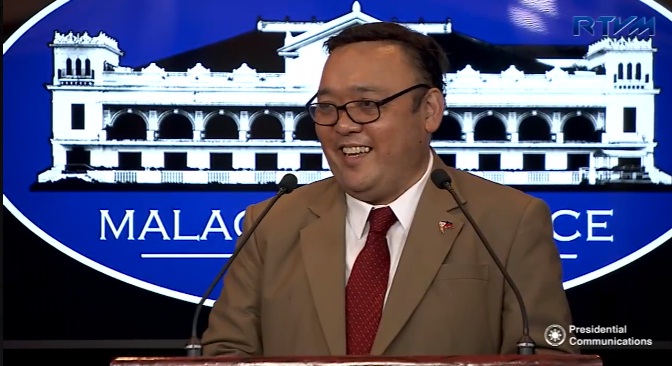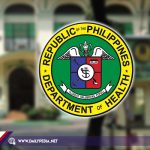- World Health Organization lauds PH’s sugar-sweetened beverage taxes
- World Energy Council ranks PH first in environmental sustainability
Presidential Spokesperson Harry Roque, Jr. on Monday, January 8, took note of the World Health Organization’s (WHO) remarks saying that taxation of SSB “is a great step forward in protecting the health of Filipinos”.
The Philippines is among the first Asian countries to implement taxes on sugar-sweetened beverages (SSB).
“With this development, we hope to contribute to our national health agenda and hopefully prevent the risks associated with overweight and obesity, diabetes, cardiovascular diseases, and tooth decay,” Roque said in a press briefing in Malacañang.

SSBs are drinks with added sugar, which included soft drinks, sports and energy drinks, sweetened juice drinks, among others that provide unnecessary or empty calories with little or no nutrition.
The SSB excise tax, as a health measure, will encourage the public to make healthy choices to ensure a healthier and more productive lifestyle.
‘PH topped WEC rating on environmental sustainability for 3rd time’
In the same press briefing, Secretary Roque announced that for the third straight year, the Philippines has been ranked as number one in the World Energy Council’s (WEC) World Energy Trilemma Index 2017 on environmental sustainability.
“The WEC rating on environmental sustainability is also a recognition of the administration’s advocacy encouraging the Filipino’s to make energy efficiency and conservation a way of life,” Roque added.
The WEC index ranks countries on their ability to provide sustainable energy through three dimensions (the trilemma): energy security, energy equity, and environmental sustainability.
Environmental sustainability, together with energy security and energy equity, forms part of the country’s energy development program.
Relative to this, the government, through the Department of Energy laid down policies and programs such as the Renewable Portfolio Standards, which mandates distribution utilities to source a minimum portion of their energy from eligible renewable sources, and the Green Energy Option Program, which empowers consumers to choose renewable energy resources as their source of energy.
Meanwhile, the President’s spokesperson thanked the public for giving President Rodrigo Duterte their highest approval at 80 percent and their highest trust at 82 percent among the country’s top five national officials as the latest Pulse Asia survey showed.
“These numbers show that our people are aware of and recognize the significant strides the President undertook in his one year and a half in office,” Roque said, assuring that the President would continue to discharge his duties with the nation’s interest foremost in his mind.



